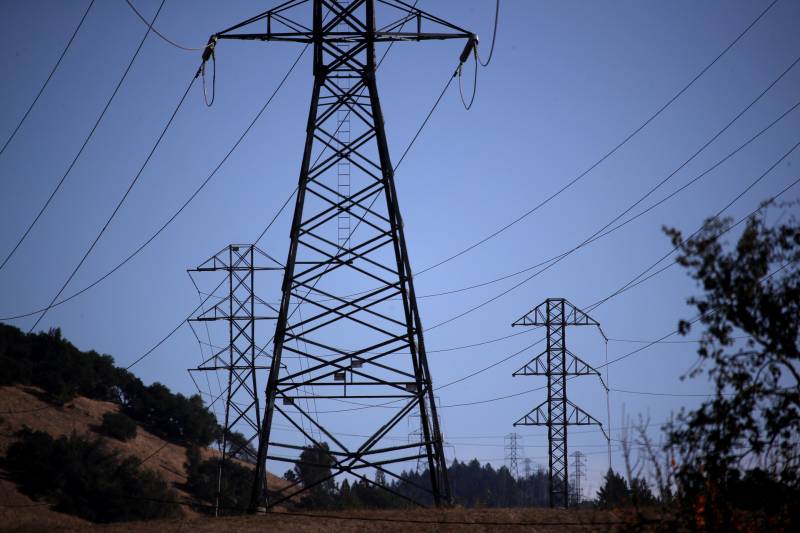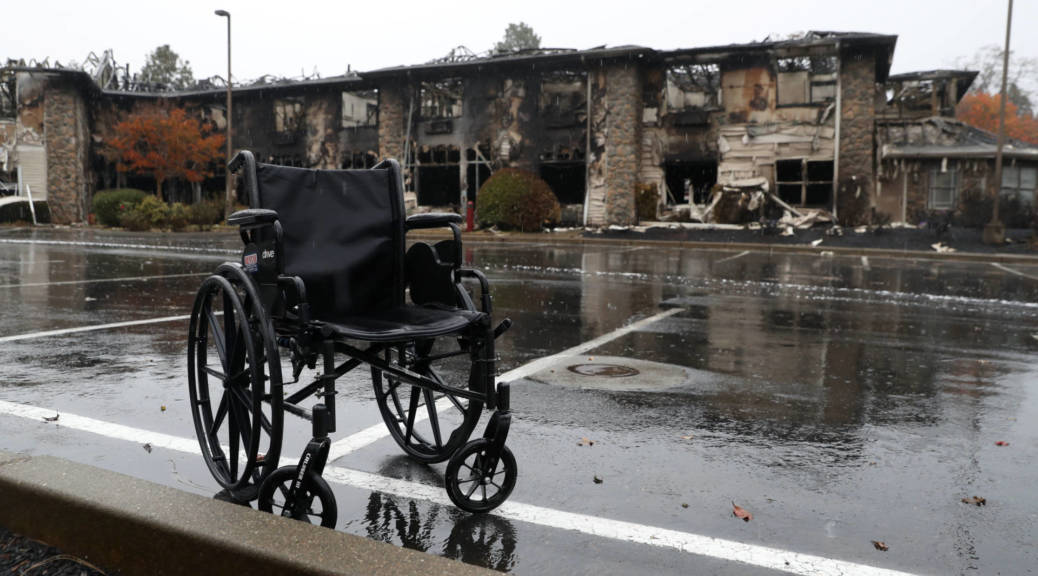Financing the plan requires PG&E to nearly double its debt, saddling the company with a burden its critics fear will make it more difficult to raise the estimated $40 billion for improvements that the utility still needs to make to its electrical grid.
It’s still uncertain whether PG&E is ready to meet the challenges ahead, although the company insists it’s on a new path that will result in safer and more reliable service. PG&E is still behind in its efforts to trim trees and other vegetation that serve as tinder for its power lines during dry, windy conditions.
“This does not put us into a new chapter at PG&E,” said Will Abrams, a survivor of a 2017 wildfire who had been trying to convince the judge to reject the company’s bankruptcy plan. “This was an opportunity missed.”
But Montali decided PG&E’s plan met the bankruptcy code’s standard of being “feasible” and asserted he saw no other viable alternative to pay wildfire victims who have been suffering for years.
“Mr. Abrams’ desire for a better PG&E, for a better environment and a better Northern California, safe from wildfires, while aspirational and well-intended, is not something the bankruptcy code or this court can deliver,” Montali wrote in a memo outlining his decision.
PG&E’s shortcomings have infuriated a federal judge in a separate court case. U.S. District Judge William Alsup oversees the company’s probation following a felony criminal conviction over a natural gas explosion in 2010 that killed eight people in the San Francisco Bay Area. He wants to impose more safety requirements on PG&E to reduce wildfire risks posed by its electrical grid, but the company has resisted his efforts so far, saying it is meeting the standards of California regulators.
PG&E also expects to have to turn off power in parts of its service territory later this year to reduce wildfire risks during hot, windy weather.
Planned blackouts last year affected more than 2 million people at certain times, and the utility bungled them so badly that it had to publicly apologize and give $86 million in customer refunds.
State regulators are still investigating PG&E’s mishandling of those deliberate blackouts, which left many wondering how an area that’s home to some of the world’s most influential technology companies can’t find a way to keep the power on for days at a time. PG&E has pledged to better communicate about future outages and take steps to reduce how often they’re used.
This marks the second time in 16 years that PG&E has navigated a complex bankruptcy case that has raised questions about how it should operate in the future. The last time the company emerged from bankruptcy, in 2004, electricity rates soared and management focused even more on boosting profits instead of upgrading its power supply.
Earlier this week, PG&E took the extraordinary step of pleading guilty to 84 felony counts of involuntary manslaughter for a horrific November 2018 wildfire that wiped out the town of Paradise. The inferno, known as the Camp Fire, erupted along a power system with parts that were nearly a century old. Besides the deaths, PG&E also pleaded guilty to one felony count of unlawfully starting a fire.

